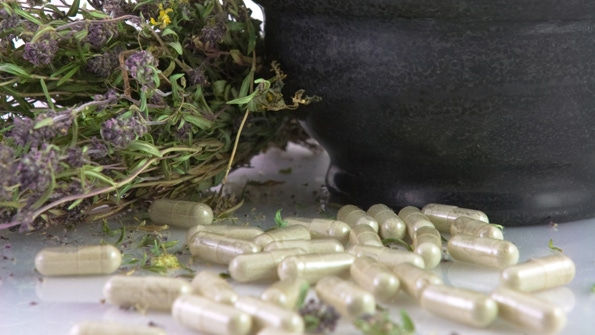New research from the Natural Marketing Institute gives an updated account of who takes herbal supplements and the top herbs they're buying.

A Gen X or Millennial girl who takes more than five supplement pills a day – more than any other user segment – is the most likely average American herbal supplement user.
This young girl, who likely bought the product either online or in a mass-market store, is also more likely than any other group to believe that herbals are “very safe.”
This consumer profile was revealed at the American Herbal Products Association annual member meeting at Natural Products Expo West Thursday morning by Steve French, president of the Natural Marketing Institute. NMI scientifically polled 2,000 American adults to build the profile.
“This is a very special consumer,” said French. “We did work with the National Institutes of Health to determine the drivers of users of multivitamins. Turns out it’s the use of herbs. Herbal supplement use is the No. 1 predictor in terms of quantity and the products they’re taking.”
French advised sellers of herbal supplements to “leverage other items in your portfolio” because if a consumer buys herbs, chances are great that these consumers are also quite open to purchasing other supplements.
According to NMI research, the “current supplement user” consumes an average of 3.3 pills per day, compared to a “vitamin/mineral supplement user” who consumes an average of 4.0 pills a day. But the average “herbal” supplement user downs 5.5 pills per day.
The top 13 herbal supplement pills consumed, according to NMI research, are:
Fiber pills
Aloe pills
Cranberry pills
Garlic pills
Flaxseed oil
Ginseng
Echinacea
Ginkgo
Lutein
Saw palmetto
Milk thistle
Lycopene
St. John’s Wort
“The top four products are really based in food,” said French. “Aloe, however, is an exception because aloe is more about personal care. Consumers have a recognition of those, which translates over to purchase.”
About the Author(s)
You May Also Like




